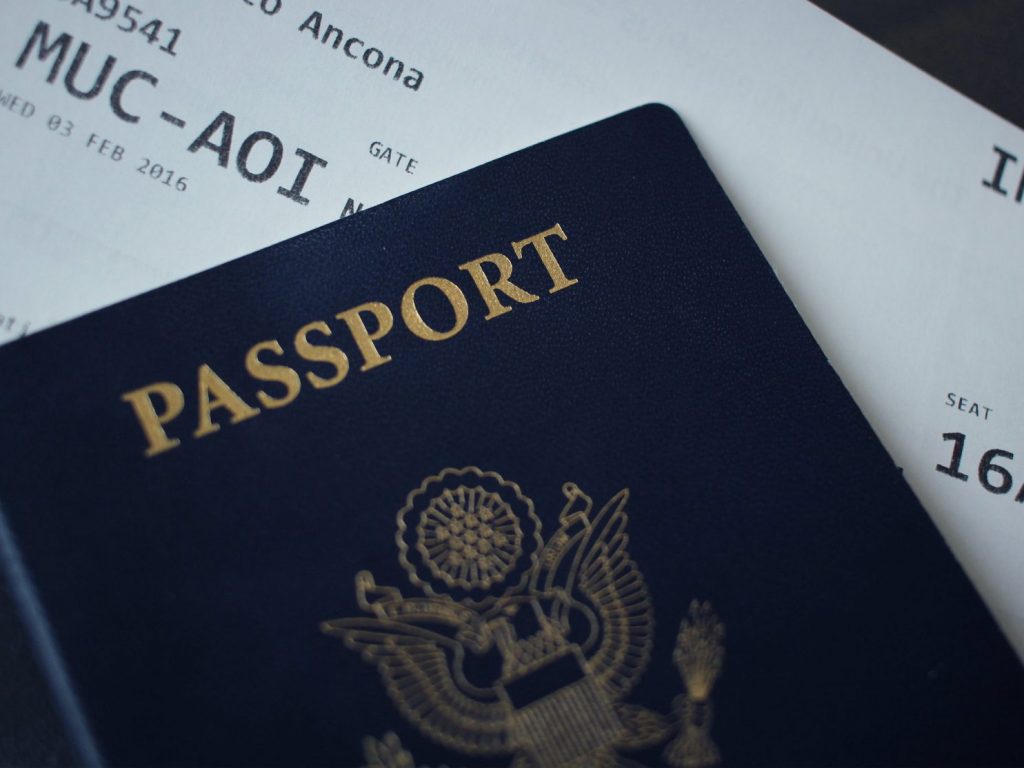The full article is available in the following formats
Click to download
In the December 2017 issue of Voice we featured an article about the discrimination present in the Migration Act that means many people with disabilities are unable to obtain visas if they fail the health requirement. In August 2019, important changes were made to the health requirement making it easier for people to obtain visas. Dr Jan Gothard, Migration Adviser to DSA takes us through the changes and what they mean to the Down syndrome community.
Some good news for migration applicants with Down syndrome…
There have been important changes in migration health policy from 1 July 2019. This marks an improvement in Australia’s discriminatory migration health requirements – but unfortunately there is still a long way to go.
Visa applicants have to meet the migration health requirement when they apply to enter Australia, whether they come as a visitor for three weeks, or as a temporary or permanent migrant. The health requirement stipulates that an applicant’s notional costs in terms of health care and community services must not exceed $49,000. This figure has just been increased from $40,000.
This might not sound like a big deal but more importantly, the time frame over which applicants are costed has changed – at least for permanent visa applicants. Previously, the costs for people with a condition such as Down syndrome were assessed over an individual’s lifetime.
From 1 July 2019, the time period is capped at ten years.
This makes a big difference when costs for Disability Support Pension (DSP) are considered. Previously, an applicant would be assessed for lifetime costs for the disability pension, from the date when they first become eligible to receive it. However, a permanent resident arriving in Australia is not actually eligible to receive DSP until they have been here for ten years – so this change to the time frame means the cost of the DSP can no longer be included in their notional health costs.
Similarly, costs for state disability services or NDIS will in future only be costed for ten years for migration health purposes.
For a permanent visa applicant, these changes mean that notional ‘health’ costs for an individual could be reduced by as much as millions of dollars.
It’s not all good news though. A child with Down syndrome will almost automatically be costed for supported education. The government assesses costs for this at anywhere between $25,000 and $60,000 per annum. So any child with Down syndrome who anticipates even just two further years of schooling will still fail to meet the health requirement.
Some visas have waivers, which means that if you fail the health requirement, you can argue that the requirement should be set aside in your particular case, on the basis of the capacity of the family to contribute to Australia both socially and financially. It is a lot easier to argue against a figure of $800,000 than a figure of $3 million. However, many visas do not have a waiver attached, which means that if you are applying for a visa without a waiver and your costs are said to exceed $49,000, then there is no possibility of arguing against the costs, and your visa will be refused.
Further, in the past few years we have seen a number of visitors to Australia with Down syndrome required to undergo health examinations not normally requested for applicants for visitor visas, and subjected to unseemly delays on the basis of a possible failure to meet the health requirement. This is despite the fact that they may only be coming for a very short period and, as visitors, they are not eligible for any health or community services at all. Down Syndrome Australia has intervened in a number of these cases and is certainly hoping that migration policy in this area can be changed before we face the potential embarrassment of delegates coming to Australia in 2022 for Brisbane’s World Down Syndrome Congress being refused visas.
DSA has lobbied for a fairer approach to the migration health requirements for some time, so we are pleased to see these changes, but they are by no means enough and we will continue to ask for more.
Dr Jan Gothard
Migration Advisor | Down Syndrome Australia
Migration health and disability specialist | Estrin Saul Lawyers
MARN 1569102


0 Comments